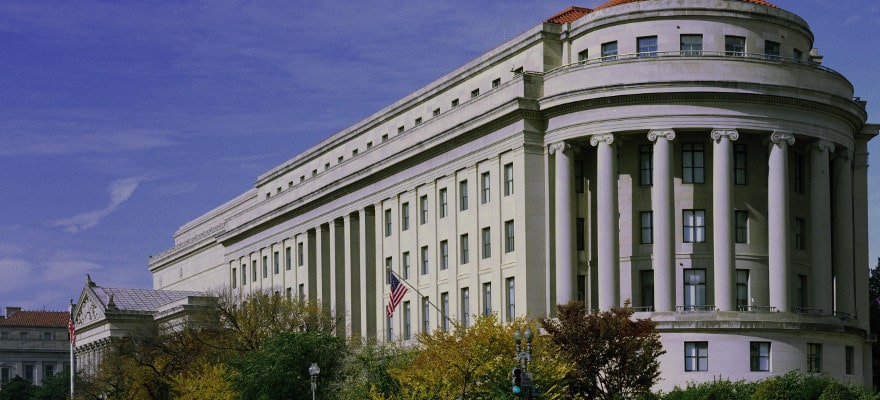The Office of the Comptroller of the Currency, the US’ banking regulator, announced on Tuesday that it will be accepting applications from fintech companies to receive a National Bank Charter. A National Bank Charter means that a company will function as a member bank of the Federal Reserve.
Comptroller of the Currency Joseph Otting said: “Companies that provide banking services in innovative ways deserve the opportunity to pursue that business on a national scale as a federally chartered, regulated bank.”
Federal bank supervision
The OCC is an independent arm of the US Department of the Treasury. Its remit is to supervise banks in the country, be they American or branches of foreign entities. All told, 1,400 entities fall under its jurisdiction.
It was founded in 1863 and has offices in New York, Chicago, Denver, and Dallas. In 2007 the United States Supreme Court ruled that ultimate authority over banks lies with the OCC, rather than with individual state legislatures.
Since 2017 it has been chaired by Joseph Otting. Nominated by Donald Trump, he said in his confirmation hearing that he aims to reduce unnecessary regulatory burden and support the ability of banks to offer short-term loans.
In June, Otting testified before Congress that his agency had found during an investigation that there were approximately 10,000 bank accounts that were potentially opened without customer authorisation, according to the LA Times. He told members of the committee that it would be inappropriate to reveal the names of the banks, but that it was investigating more than 40 of them.
Heavy demands
The move is a continuation of work begun in 2016 by Otting’s predecessor Thomas Curry. It was met with opposition from banking groups, including a lawsuit from the Conference of State Bank Supervisors. The suit was dismissed by a federal court.
According to Bloomberg, a lobby group called the Independent Community Bankers of America expressed “serious concerns” with yesterday’s announcement, saying that lenders wouldn’t face the same regulatory requirements that banks do, which would give them an advantage.
However, the OCC announcement states that fintech companies that receive a licence will have the same obligations as any other bank, which include capital requirements and quarterly, public reports to the Fed.
It adds that such entities are likely to be subject to extra scrutiny, similar to any new bank.
In order to be approved, companies will have to have an acceptable plan for emergencies that threaten their viability. These must include recovery strategies, and options for selling, merging or liquidating the bank as a last resort.
“Providing a path for fintech companies to become national banks can make the federal banking system stronger by promoting economic growth and opportunity, modernization and innovation, and competition,” said Otting.





Be First to Comment